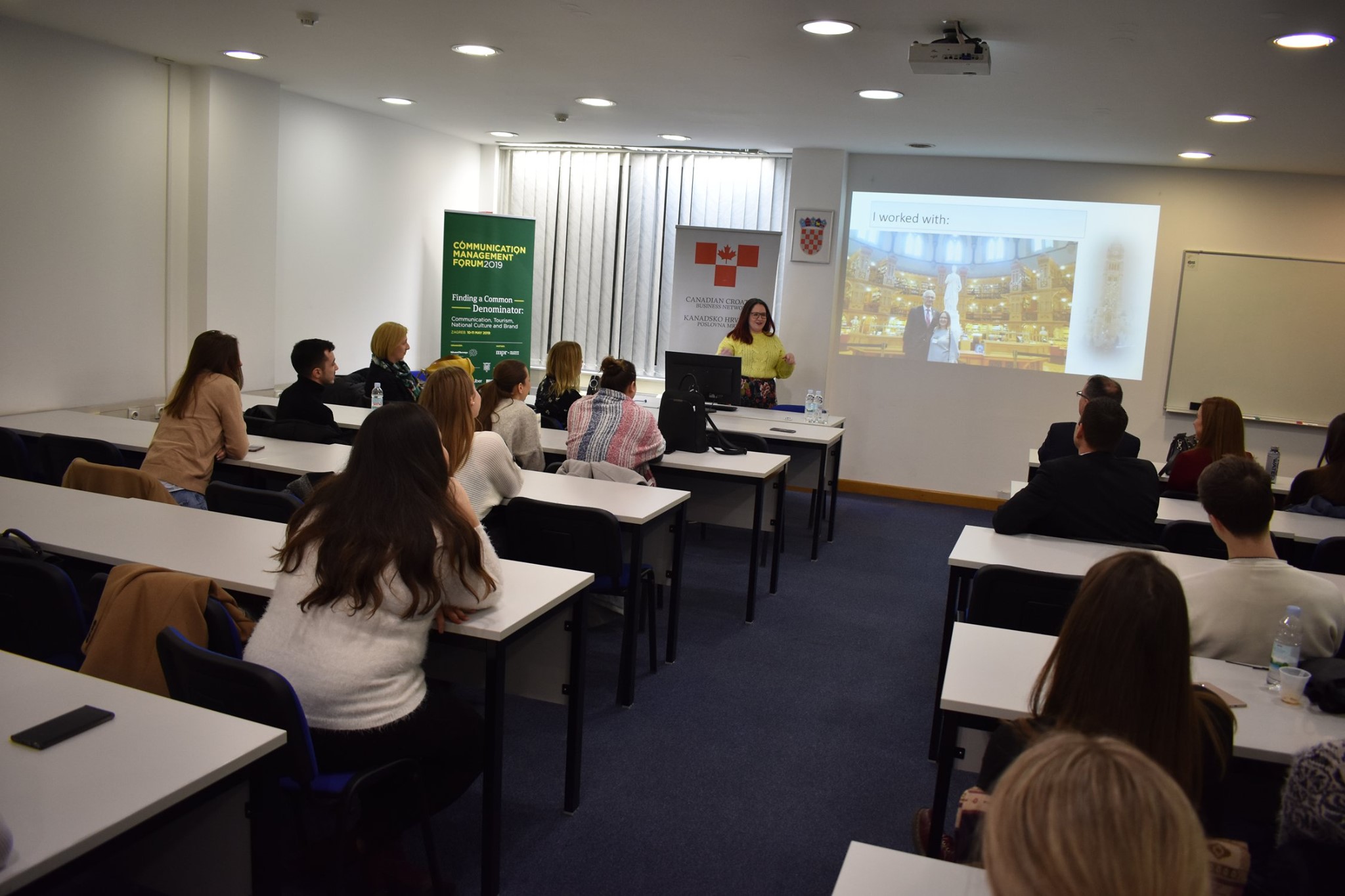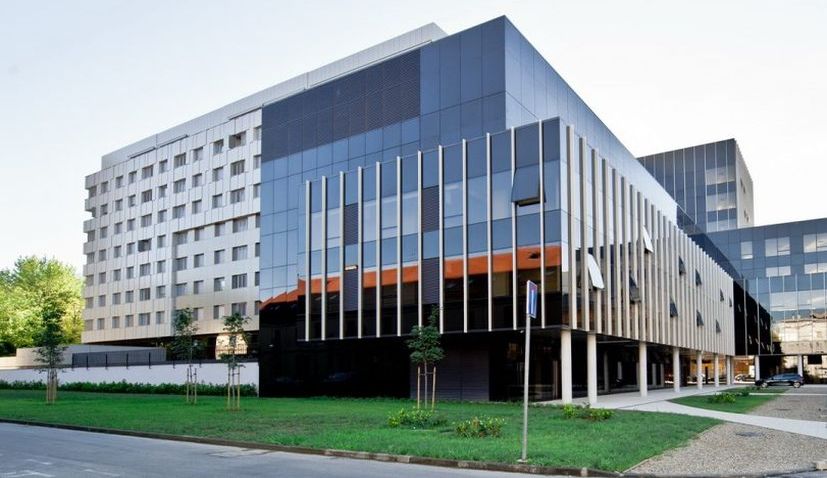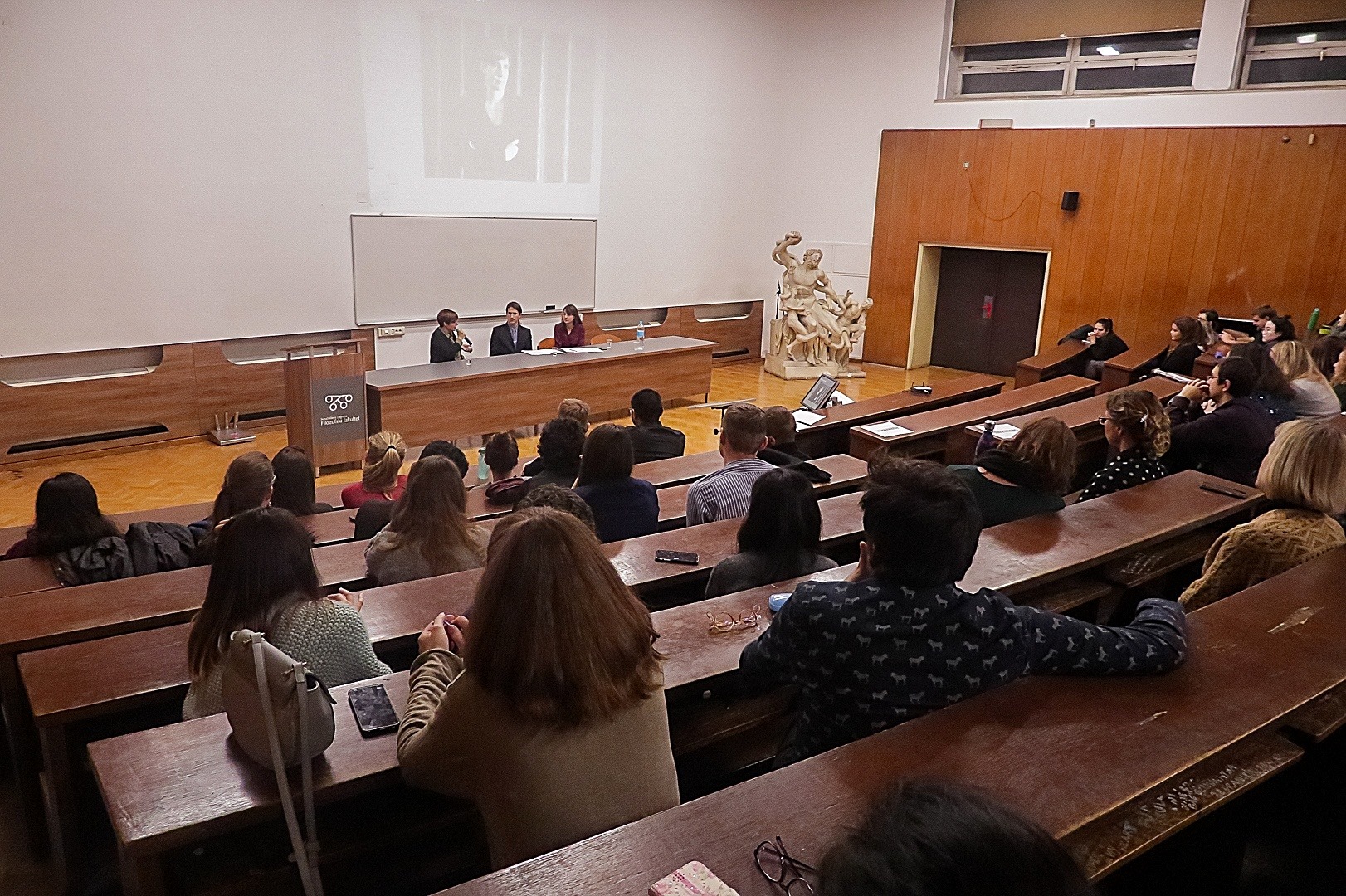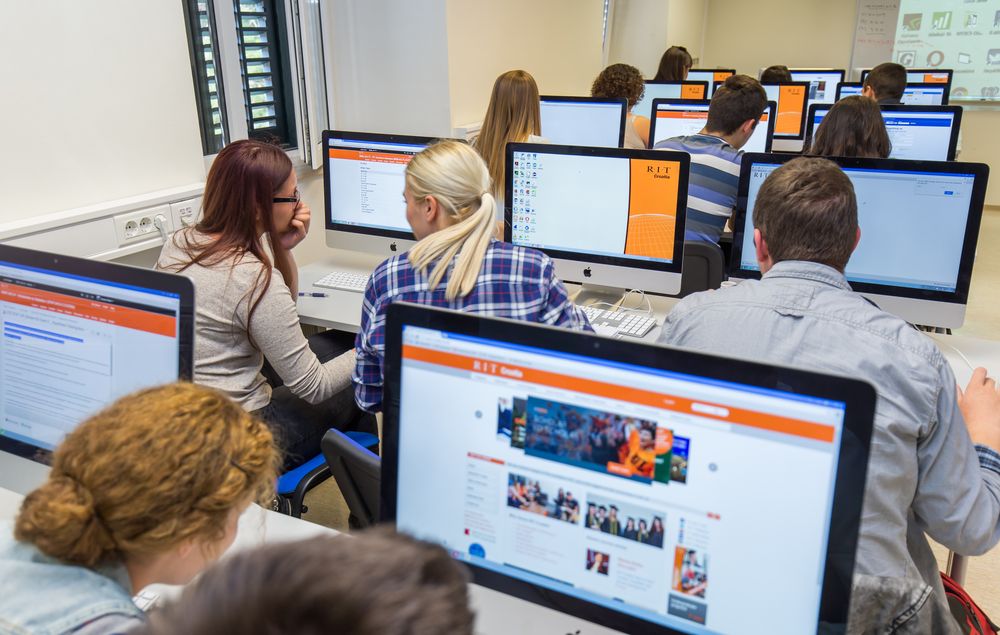By Peter Bury, Editor at Crodiaspora and Politicorp
Because Croatia is a still emerging economy, it is important to recognize that much of its corporate developments rely on public-private sector interaction. Last week, Crodiaspora held a webinar featuring John Gašparac, who is the country managing partner with PwC Croatia and newly elected Vice-President of Crodiaspora, and Jelena Drndić who is PwC Croatia’s head of public procurement.
Historically, Croatia’s public sector has represented up to sixty percent of its GDP, and although this figure is staggeringly high, the most effective way to bring balance to the Croatian economy is to build bridges between the public and private sectors. Especially in accommodation of the inflow of EU funding for certain projects, it is important that the government have plans in place to partner with private firms to fulfill these programs and developments.
Further, public procurement includes goods, services, and works, which can be used in small scale internal operations of firms or institutions all the way to the scale of public programs that are funded by hundreds of millions of euros.
Where to Find Projects?
Croatian public procurement is largely facilitated by the Electronic Public Procurement Classifieds, which is a public portal exhibiting the details of various procurements in attempt to attract qualified bids. Currently, the portal is only available in the Croatian language and thus poses some barriers for diaspora and foreign investors. The portal provides information on important aspects of procurement offerings including their respective contracting authorities, estimated values, conditions, deadlines, and proper documentation required to submit offers and proposals. Contract drafts are also sometimes offered. For a single person, registration to the portal costs 1,020 HRK while collective prices range up to 4,760 HRK for 30 people.

Who can bid on projects and how can you bid?
In Croatia, any individual, firm, or consortium, internal or external, can take part in procurement of goods, services, and works through the portal so long as they meet basic legal and taxation qualifications. The general procurement timeline can range from six to seven months, encompassing the initial consultations and spanning all the way through to implementation. The first month is typically spent on market consultations, while officials should be prepared to issue a call for proposals by month two. For the next two months, interested parties form proposals and prepare documentation for submission. Following submission, evaluation could take up to three months and is often done through an evaluation committee which assesses the viability of proposals and seeks out clarification if needed. Over the final months, results are released on the portal with appropriate minutes of the evaluations attached, and the signature of contracts precedes the commencement of procurement implementation.
Once an offer is accepted, guarantees are sought out for the offer, contract implementation, and for rectifying defects within the warranty period. Bank guarantees and financial deposits are both accepted. It is also important for companies to understand that unlimited liability of the contractor is applicable by law. Another thing to consider is that appeals are very common in the Croatian procurement process, particularly relating to the submission of proper documentation and ultimate deciding factors
How can PwC help?
In the Croatian public procurement process, PwC is a lauded facilitator in the preparation, proposal, contracting, and appeal processes. In providing a high-upside pipeline of opportunities for clients, PwC Croatia has the cross-industry connections as well as internal procurement professionals to secure the most success for bidders. Additionally, through experience and expertise, PwC is well equipped to facilitate the preparation and documentation involved in contracting and appeals.
Looking toward the future, there will naturally be an influx in procurement opportunities in Croatia given the fact that the EU funding plans for the years 2021 through 2027 are soon to be finalized. Even in this case, not all projects are taken through to private sector development, as some public entities are still involved in bidding on certain procurements so long as they do not face a conflict of interest. Nonetheless, once private sector involvement in the process grows, opportunities will be diversified, ultimately favouring competition and growth.
From a comprehensive outlook, this webinar is extremely helpful to all those looking to gain an edge in Croatian business and development. Applicable to members of the Croatian diaspora who hope to become investors in the near future, the details of public procurement processes will prove to be invaluable in improving public-private sector relations which are critical to business success.
For more information about Public Projects, contact Jelena at jelen.drndic@pwc.com















